Always keep your head and be polite
Losing your temper and screaming at any person of authority will most likely hinder rather than help your case. Always be polite. Need it be said, never ever get into a physical confrontation with a police or immigration officer.
Don’t be surprised if you are asked for money
If you’re involved in an incident (say while riding a scooter—you have insurance right?) don’t be surprised if the officer asks you for money. Depending on the situation, this can be an easy way to make a minor infringement go away, but bear in mind that if there is more than one officer you may well be expected to pay each of them.
Moral of the story: If you are going to try and pay off an officer, do it fast, before more show up!
Don’t be surprised if they don’t want your money
Don’t assume you can pay your way out of everything. Brandishing wads of cash in an officers’ face and creating the suggestion that you think you are above the law is generally not well received.
In the case of minor infringements (say riding without a helmet), an officer may give you an opening “Can you help me?”, “Do you have something for me?” and so on. Discreetly handing over a folded note (or two!) often works, though be wary of handing over too much. Likewise if you are asked for what seems like an unreasonably large amount of money, perhaps you are better off getting an official ticket and fine—asking for one may result in the unofficial fine being reduced. Maybe.
Also, be very wary of pulling a wallet or purse chunked with cash out of your pocket to “help an officer out”. Rather, keep a relatively small amount of cash in an easy to reach pocket which you can access without getting your wallet or purse out at all.
If you are on a motorbike and are pulled over a minor infraction, when you pull up, stop your bike, take the keys out and pocket them. Do not allow the officer to take the keys—unless you’re specifically asked to hand them over (unlikely in the case of a minor infringement). If you are pulled over and searched, don’t let officers (or their mates!) go through your bags out of your sight.
The above is all very dependent on the infringement (if there even was one). Treatment by the authorities for riding without a license or helmet is probably very different to being caught with four kilos of heroin in your daypack.
Keep your expectations in check
If you show up at a police station to get a police report after being robbed, they’ll most likely ask you to fill out a form and give you the report (you may need to return the next day to pick it up). They are unlikely to launch an investigation to actually catch the thief. You may need to pay for the report and may not be given a receipt for the payment.
Dealing with immigration
Immigration officers will be your first and final encounter in any country in Southeast Asia. Have all your ducks in a row. If you need a visa, have a correct and valid visa. Don’t overstay your visa. Don’t harangue the immigration officer; believe us, they’ve heard your sob story a thousand times already.
Where you’re in the wrong, be it for an overstay or some other paperwork issue, chances are you will be expected to pay a fine. Sometimes this is a set official rate (for example, the daily charge for overstaying a visa), but for the more unusual situations, you may be paying a fee in order to get something done or bend some regulations (depending on your point of view). In the latter case, especially if you’ve been walked away from the main immigration counter and are in a room behind a closed door, the fee, whatever it is, might be negotiable. Bargain, but bear in mind that if you are in the wrong, you really don’t have much leverage. The longer they keep you, the more likely you will miss your flight, and so on. The officer you are dealing with knows all this.

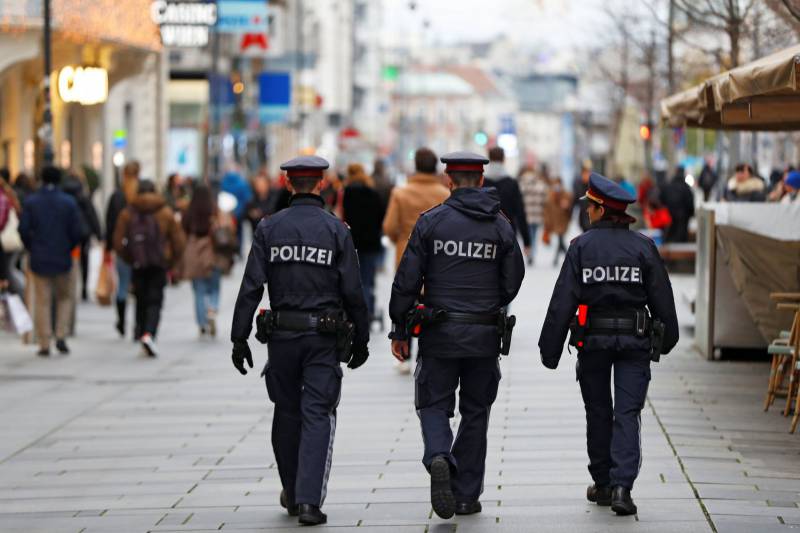
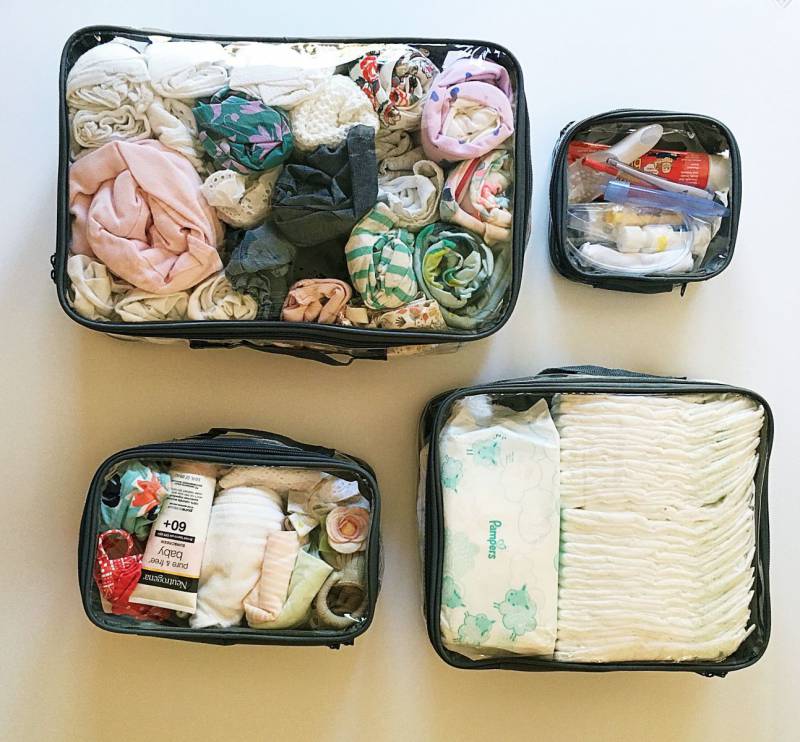
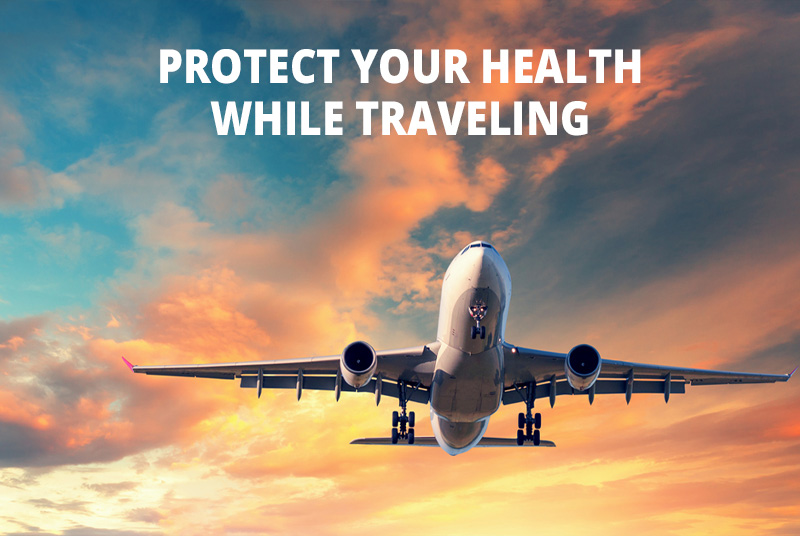
.png)
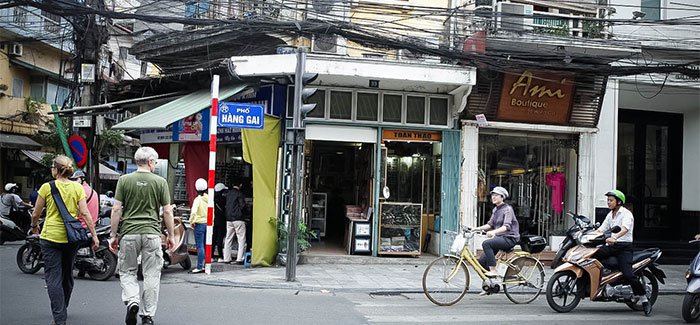
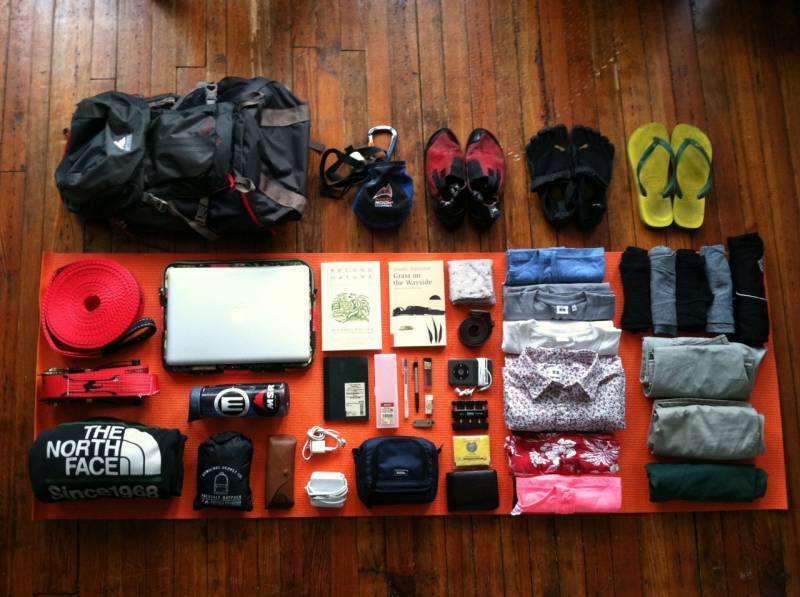

.jpg)
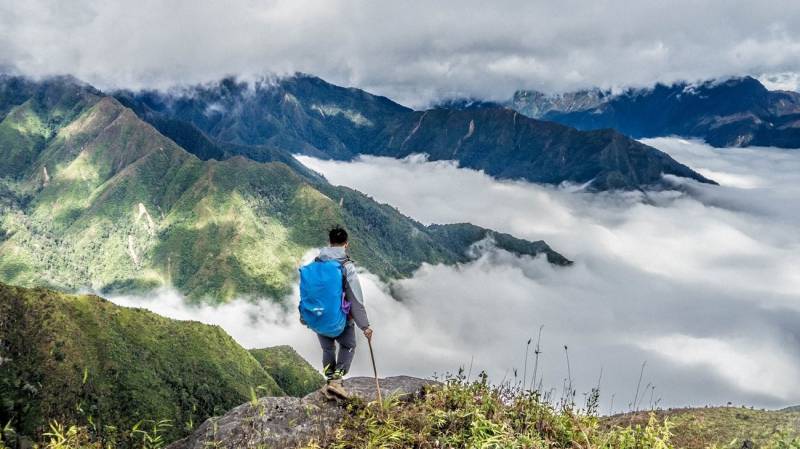

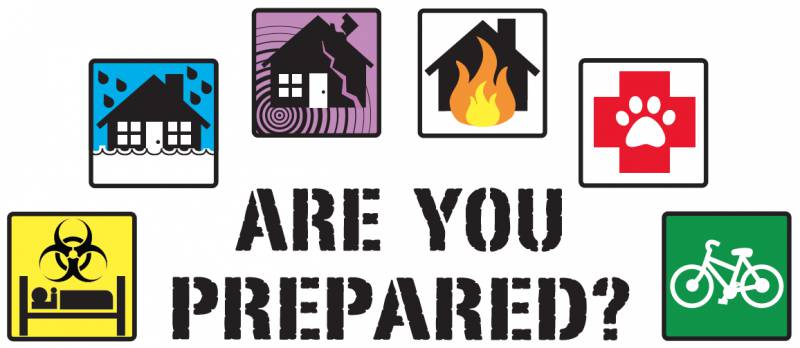

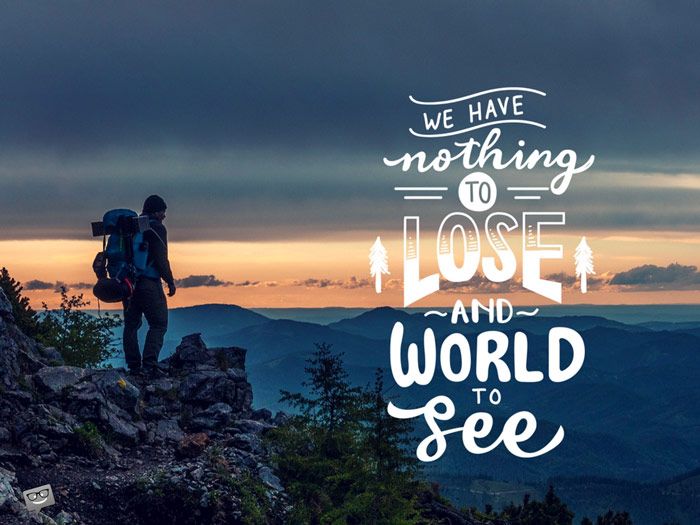
.jpg)
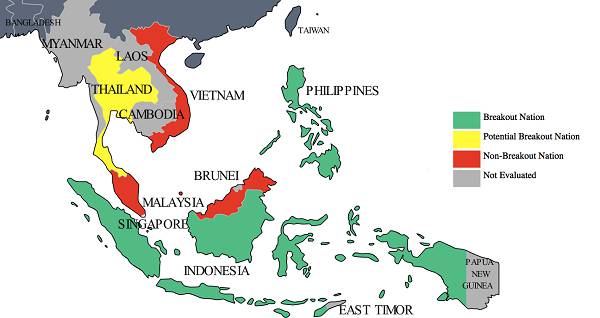
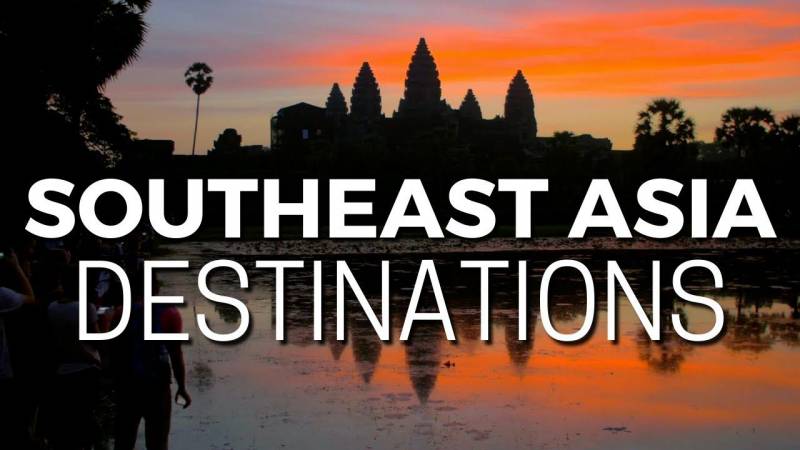
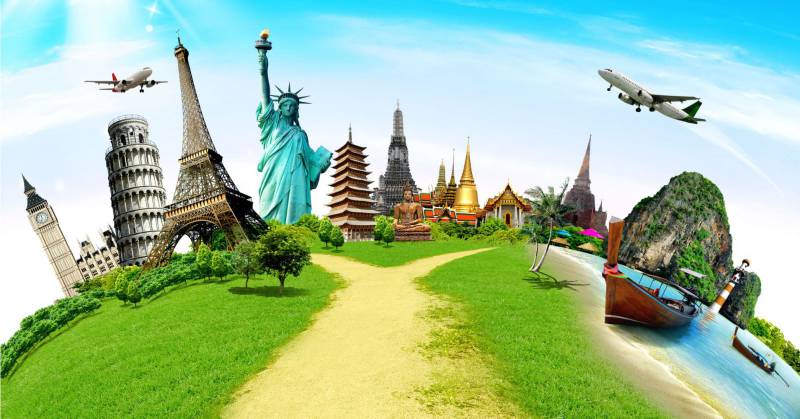
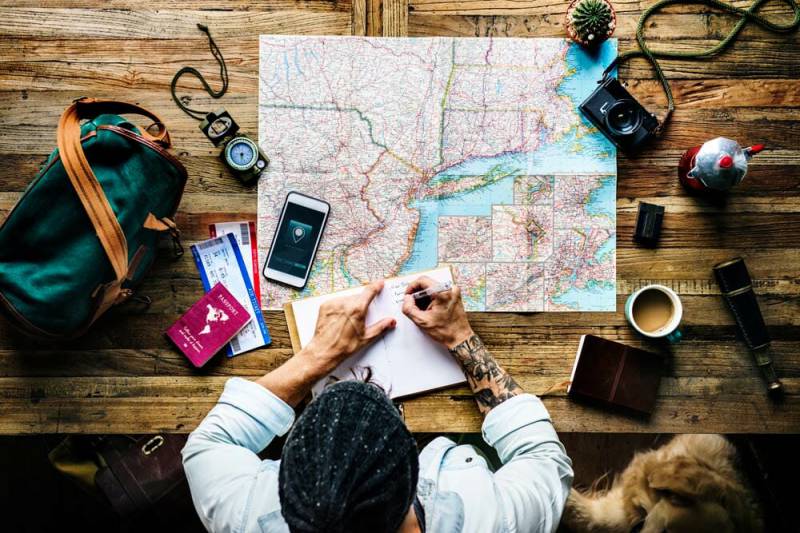
.jpg)






